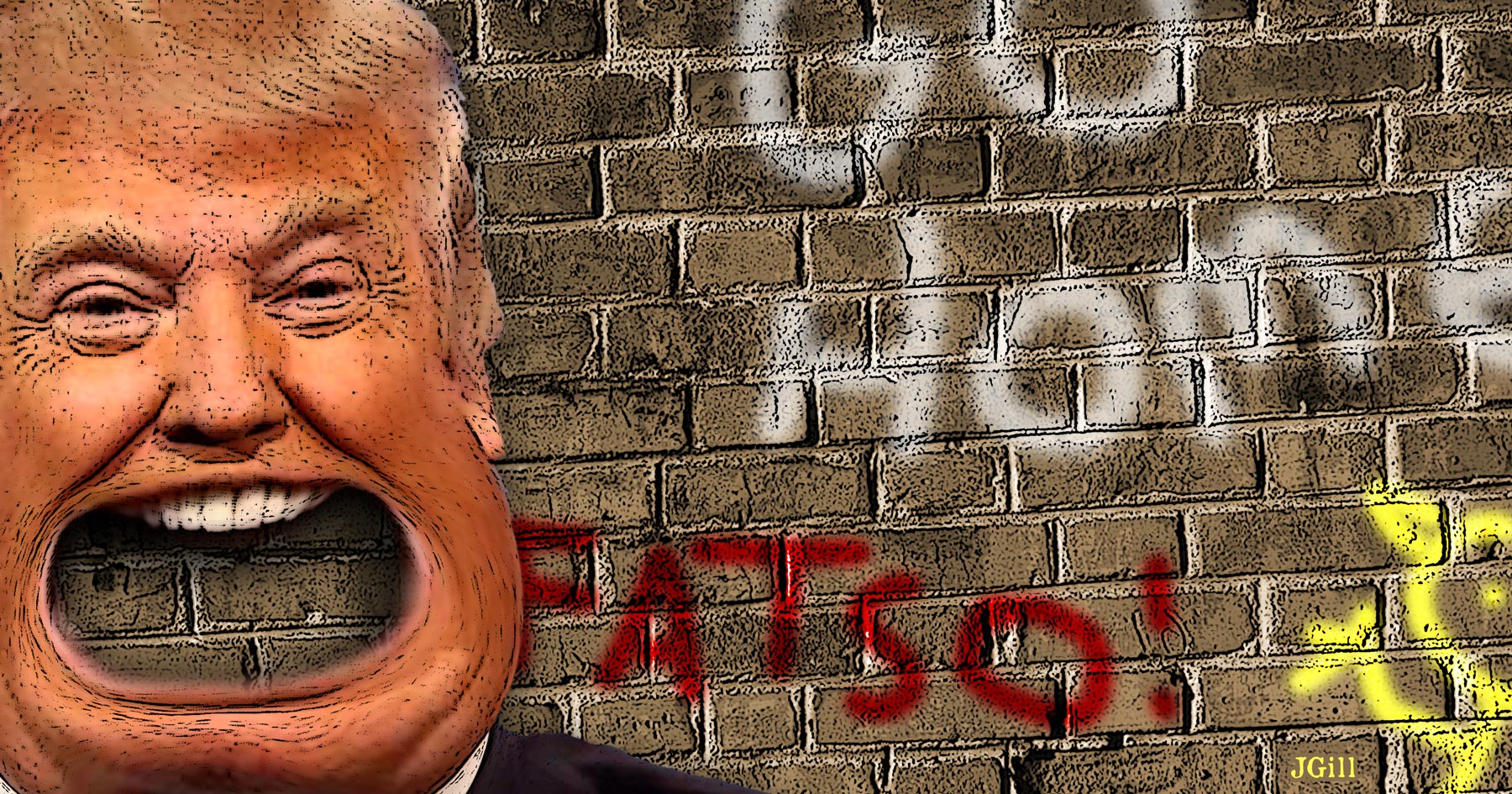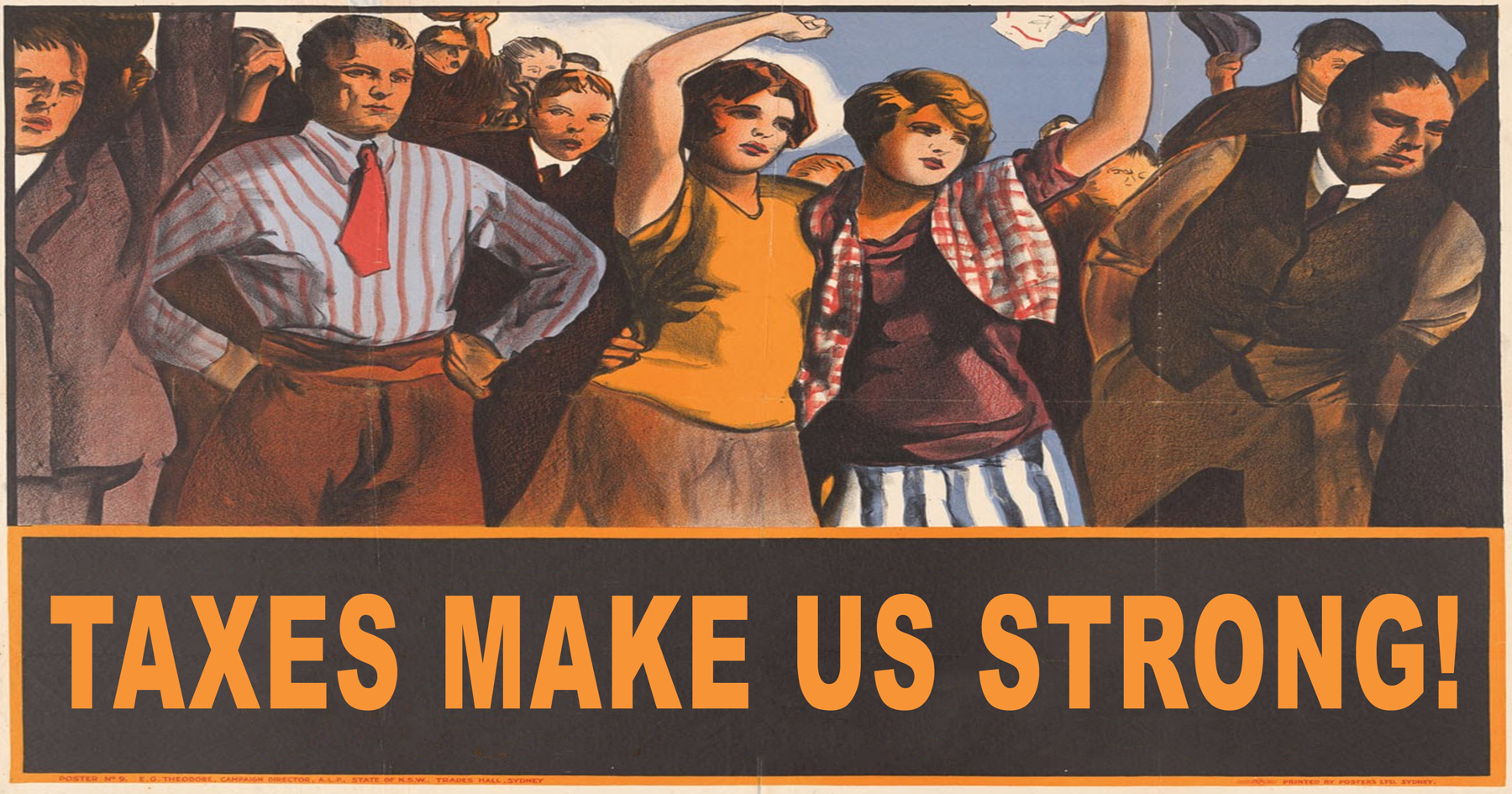What is free speech? Is it what presidential candidate Donald Trump is trying to squelch?
Last week Trump’s lawyers sent a cease-and-desist letter to the Club for Growth. The Club, a well-known 501©4 limited government advocacy group, has put out a number of public service messages (“ads” as they witlessly call them in the politics biz — they are in truth anti-advertisements) criticizing Trump for past high-tax/tax-hike stances.
“Rest assured,” the lawyers wrote,
we will not sit idly by and allow special interest groups and political action committees like yours to defame Mr. Trump and cause damage to his reputation and business interests by intentionally disseminating libelous statements you fully know to be untrue and, even worse, continue to purposely mislead the American people for your own financial gain. Toward that end, Mr. Trump has authorized our legal team to take all necessary and appropriate actions to bring an immediate halt to your defamatory Attack Ads.
The lawyers, like Trump himself, must know that the case has zero merit. As Jonathan Adler explained in his coverage, what we have here “is commonly known as a SLAPP suit — a suit that’s designed to shut people up. ‘SLAPP’ stands for Strategic Lawsuit Against Public Participation and the idea is that well-financed plaintiffs can use lawsuits, and the threat of suits, to discourage speech that they don’t like.”
These days, abridgments of free speech typically come from government coercively stamping out peaceful speech.
Meritless lawsuits, and their threat, are another and quite distinct anti-free-speech affront.
Would you trust anyone who employs such a method?
This is Common Sense. I’m Paul Jacob.











